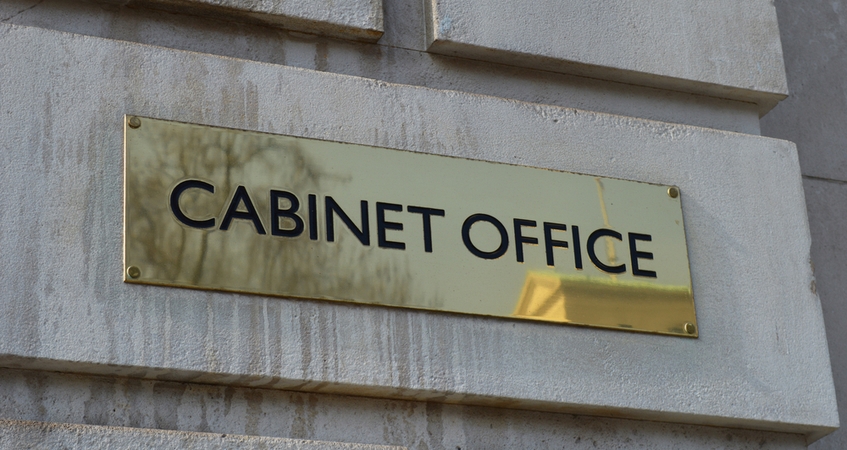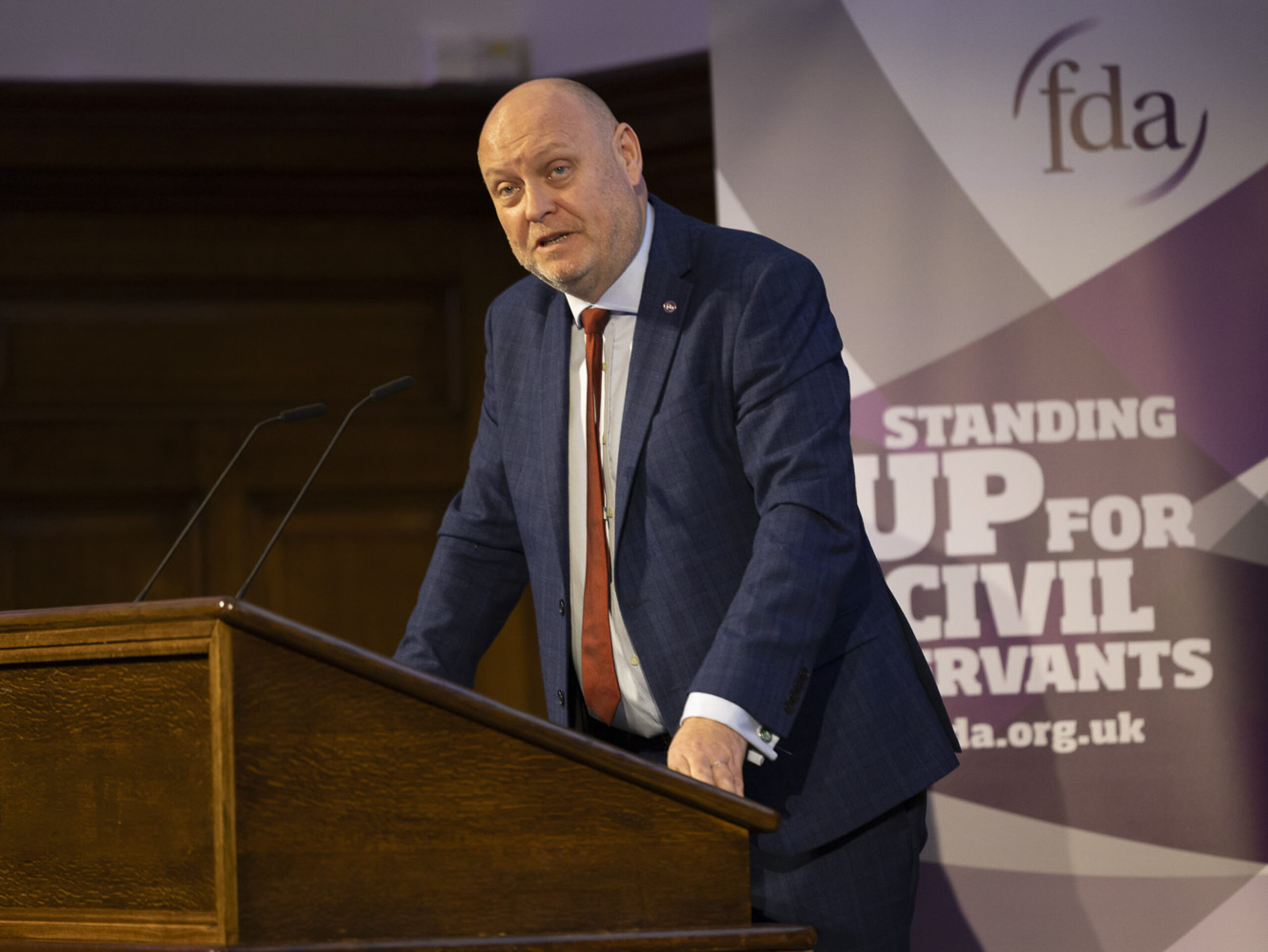A different approach

It’s now May and across the public sector, we still have no idea what the government’s approach to public sector pay is. Inflation has undoubtedly fallen from its peak last year, but inflation spikes have a long-term impact. The headline rate may not be in double digits, but that just means that goods aren’t increasing in cost at the same rate as last year, not that they’ve fallen back to where they were 12 or 24 months ago.
The government appears to be waiting as long as it can, banking on a drop closer to their long-term objective of 2%. The problem with this is that telling people it’s got better is not the same as people feeling like it’s got better. Everyone is still feeling the pinch from the spike in inflation.
The government could, and should, recognise that last year was just the peak of the inflation surge – it was felt before the peak and continues to have an impact after. Across the public sector, there are crises of recruitment, from social care to education to the NHS. In the civil service, churn rates of 10% to 15% are not uncommon. Minsters say they want a smaller, better paid civil service, finally recognising the impact that long-term decline in relative pay is having.
Yet for all the acknowledgement, they still fail to act. Civil service pay is entirely within their gift. If there’s a problem that hasn’t been addressed, then they need look no further than the mirror for the solution. The cost of living crisis has only exacerbated a crisis in relative pay levels for the civil service that already existed. The data was there for everyone, including ministers, to see. They are stuck between a rock and a hard place, entirely of their own creation. They’ve interfered and held back pay levels for political gain, year after year, refusing to acknowledge the obvious impact that this will have. This pre-dates even the last few years, where ministers’ ideological obsession with undermining the civil service has blinded them to the realities of pay suppression. After more than a decade of pay restraint, the problems and solutions are long term.
What is required is a different approach to pay in the civil service, isolating it from political interference. Last year we reported on the impact of pay restraint among our members. Now we’re about to report on independent research, commissioned jointly with Prospect, analysing the outcomes of bargaining and review bodies across the public sector.
A new government, of whatever colour, provides the opportunity to rethink how pay is dealt with in the civil service. It’s a system largely unreformed in 30 years – bureaucratic, dominated by the Treasury without political balance to prioritise reform rather than simply cost control.
As is the case in any year, our job at the FDA is to roll our sleeves up and seek to get the most out of the current system. Employers can, and should, do more to try to exploit the limited opportunities there are under the current remit process. The system for submitting business cases is painfully slow and weighted towards inertia from the Treasury. That doesn’t mean they shouldn’t try, exposing the arguments for reform and making the case to ministers that they have a role to play when it comes to the political power game that dictates outcomes. We have seen in areas like HMRC and the Fast Stream where, if we can get it right, it can have powerful results.
Related News
-

FDA secures 6.41% pay increase for Fast Streamers
The FDA’s Fast Stream members have voted to accept a pay award for 2025-26 with a 6.41% increase for second year salaries. The deal has been agreed under the Cabinet Office’s annual pay remit guidance process for the first time.
-

Civil service pay award demonstrates government has “failed to grasp the nettle of fundamental reform”
The government has published its Civil Service Pay Remit Guidance alongside a Written Ministerial Statement confirming the government’s decision to accept the recommendations of the SSRB.
-

ADC 2025: Penman says civil servants are “hungry for reform”
At the union’s Annual Delegate Conference delegates heard from guest speakers FDA General Secretary Dave Penman, journalist Lewis Goodall, and Cabinet Office minister Georgia Gould.